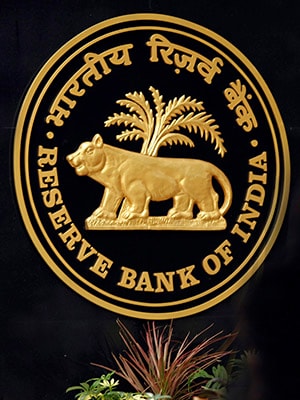
Analysts see threat to state lenders from new payment banks
Public sector banks' huge deposit share in rural areas may be cannibalised by the likes of the department of posts and FINO PayTech
The Reserve Bank of India’s move to expand the banking sector by granting ‘in-principle’ payment bank licences to 11 applicants (out of a total of 41) could, over the long-term, increase competition for public sector lenders and also poses risk of financial intermediation for banks, analysts say.
A day after granting the licences, RBI governor Raghuram Rajan said he does not see payment banks as competition to universal banks. “In fact, they could be feeders to the universal banks,” Rajan said at an economic conclave in Mumbai.
Rajan said small finance banks may evolve into universal banks, but , “I do not see a path where payment banks can become universal banks”. The central bank is likely to announce licences for small finance banks next month.
Regarding payment banks, RBI chose applicants from across industries (telecom, business correspondents, mobile wallets, corporates and financial services) as the board was not completely sure which type would work.
The ones granted an in-principle approval are Aditya Birla Nuvo, Airtel M Commerce Services, Cholamandalam Distribution Services, Department of Posts, Sun Pharmaceuticals founder Dilip Shanghvi, Fino PayTech (backed by World Bank’s IFC and Blackstone), National Securities Depository Limited, Reliance Industries, Vodafone m-pesa, Vijay Shekhar Sharma and Tech Mahindra.
“[Payment banks’] focus on small deposit holders and mobile banking will add to the competitive pressures of public sector banks and could potentially pose risks to their market share over the long- term,” Fitch Ratings said in a statement.
Adarsh Parasrampuria and Amit Nanavati of Nomura said the Department of Posts, with over 1,39,000 branches in rural India, has a huge reach (compared to other banks). The postal department is also trusted for long-term deposits, and offering current and savings accounts (CASA) deposits could potentially cannibalise PSU banks’ CASA share, especially in rural markets where public sector banks have a near 90-95 percent market share of CASA deposits.
The Nomura analysts also see FINO PayTech as a strong competitor in the rural space while mobile wallet companies would continue to make their presence felt in urban areas. Telecom operators could be equally competent in urban and rural areas, the Nomura report, based on an interaction with one telecom operator, said.
Alpesh Mehta and Vallabh Kulkarni of Motilal Oswal Securities said that the business model for each applicant would be different. “However, on an aggregate basis, maximum reliance is on high volumes to generate profitability,” they said in a report.
Payment banks will be allowed to collect deposits (initially up to Rs 1 lakh per individual) but cannot undertake lending activity on their own or issue credit cards. They can however issue debit cards, do internet banking and facilitate money transfers.
Small finance banks, with an objective to boost financial inclusion, are however more similar to existing commercial lenders and will undertake basic banking activities of accepting deposits and lending to under-served sections of society.
The minimum paid-up equity capital for small finance banks shall be Rs 100 crore. In view of the inherent risk of a small finance bank, it shall be required to maintain a minimum capital adequacy ratio of 15 percent of its risk weighted assets (RWA) on a continuous basis.
RBI had received a total of 113 applications from those keen to set up payments banks and small finance banks. There were 72 applications for small finance banks and 41 applications for payments banks.






